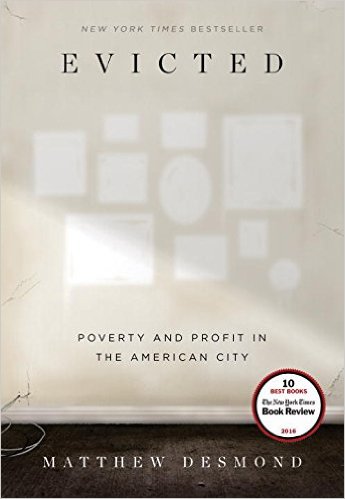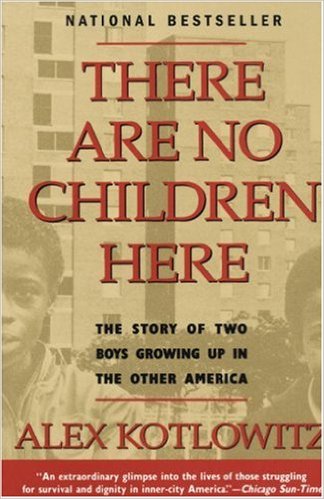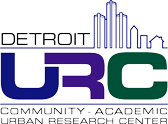Campus Event on Race, Poverty, & Housing in American Cities
 A special event titled "Race, Poverty, and Housing in American Cities: What Do We Do Now?" is being held on Tuesday, March 21, 2017 from 4 to 6 p.m. at the University of Michigan's Rackham Amphitheatre, 915 E. Washington, Ann Arbor, MI.
A special event titled "Race, Poverty, and Housing in American Cities: What Do We Do Now?" is being held on Tuesday, March 21, 2017 from 4 to 6 p.m. at the University of Michigan's Rackham Amphitheatre, 915 E. Washington, Ann Arbor, MI.
Harvard sociologist Matthew Desmond (MacArthur 2015) takes us into the poorest neighborhoods of Milwaukee to tell the story of eight families on the edge. In Evicted: Poverty and Profit in the American City, Desmond argues that eviction is an active cause of poverty, not merely a reflection of it. Combining extraordinary storytelling with meticulous research, Evicted has been praised as a landmark work of scholarship and reportage that “has set a new standard for reporting on poverty” (Barbara Ehrenreich, New York Times Book Review). Desmond will be joined in conversation by award-winning journalist Alex Kotlowitz, author of There Are No Children Here: The Story of Two Boys Growing Up in the Other America.
About Matthew Desmond
MacArthur “Genius” Matthew Desmond’s New York Times bestselling book, Evicted: Poverty and Profit in the American City, draws on years of embedded fieldwork and painstakingly gathered data. It was named one of the Top Books of 2016 by nearly three dozen outlets including The New York Times and The Washington Post. Including it on her personal best-of-the-year list, Jennifer Senior of the New York Times also called it 2016’s most “unignorable” book: “Nothing else this year came close.”
 About Alex Kotlowitz
About Alex Kotlowitz
Alex Kotlowitz is an award-winning journalist and bestselling author who has been exploring issues of race and poverty in America for over twenty years. His 1991 book, There Are No Children Here: The Story of Two Boys Growing Up in the Other America, garnered national recognition for its compassionate and unflinching portrait of Pharoah and Lafeyette Rivers and their lives growing up in a public housing project in inner city Chicago.
Q & A and book signing/reception to follow. The event, which is being offered by the U-M LSA Institute for the Humanities with additional support from U-M Poverty Solutions, is free and open to the public. Click here for details.



